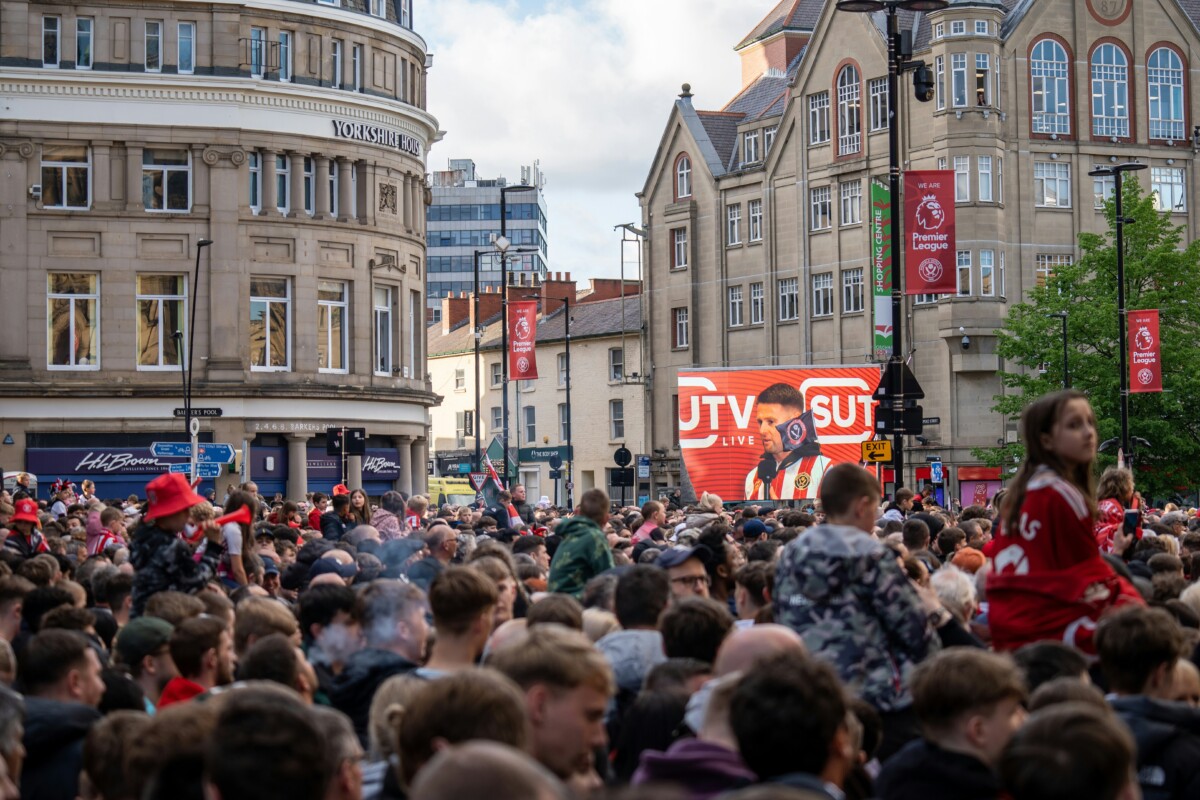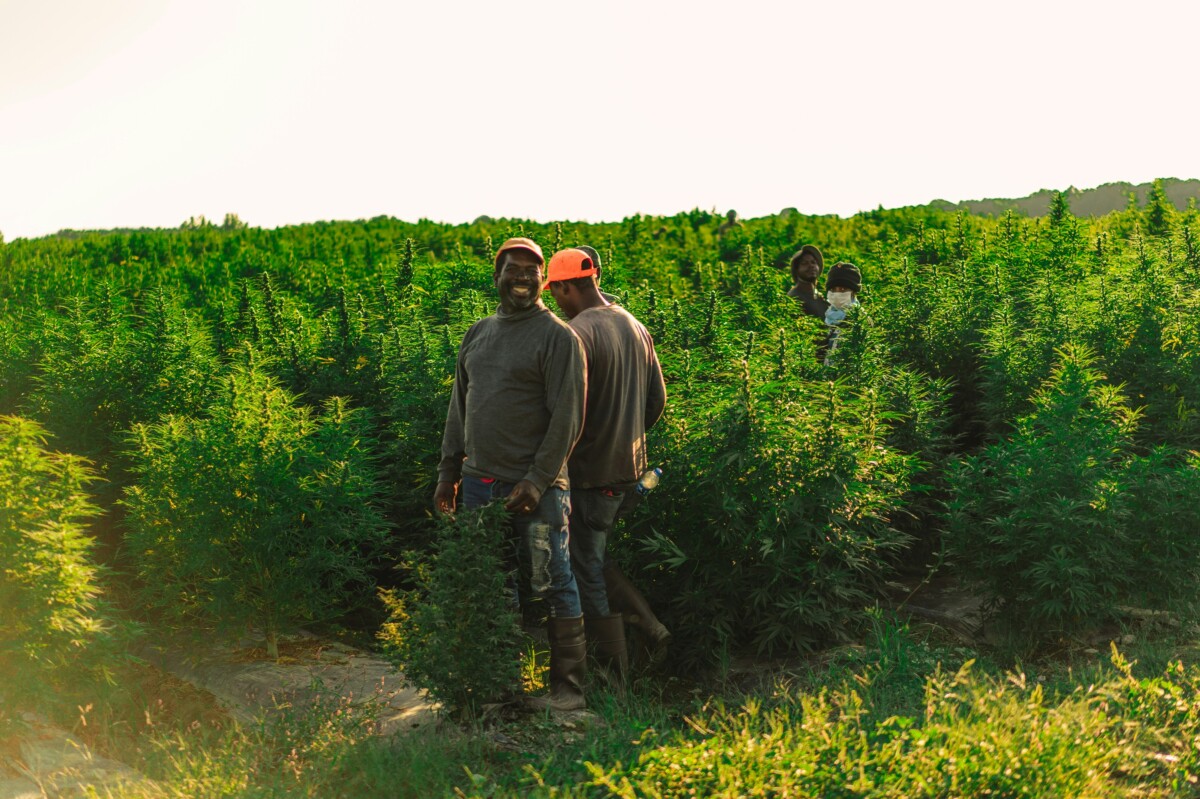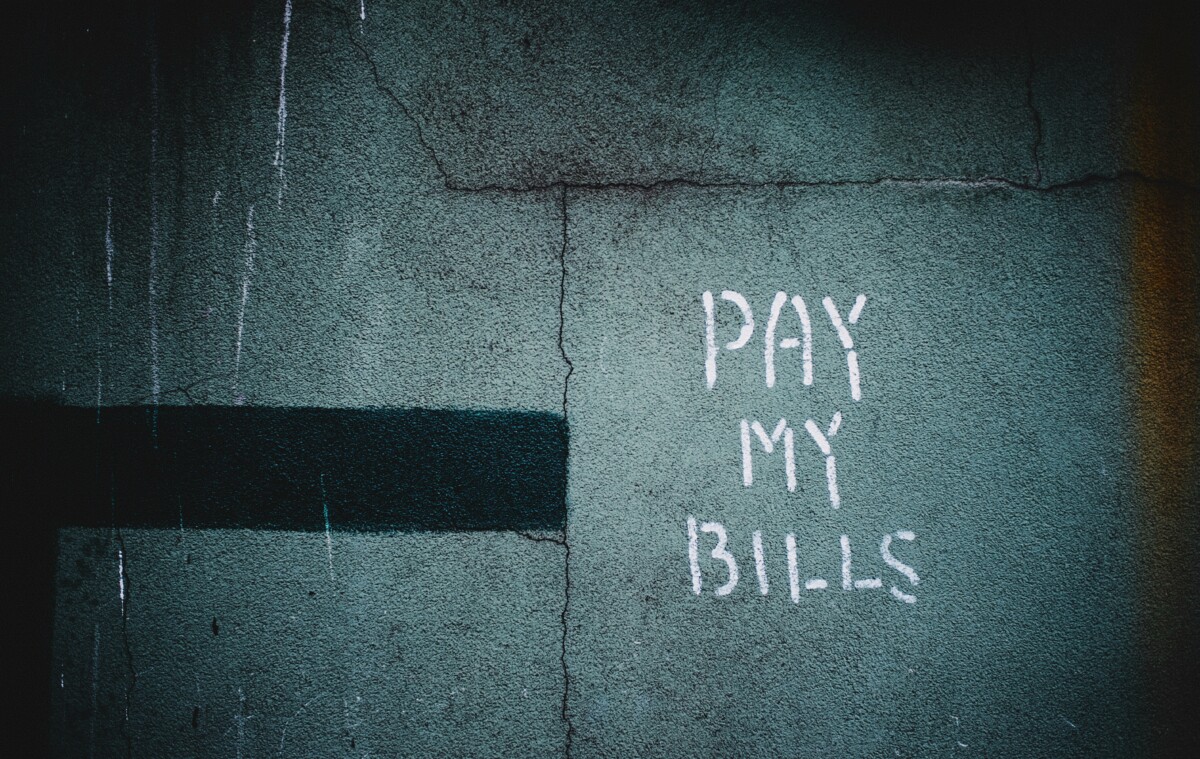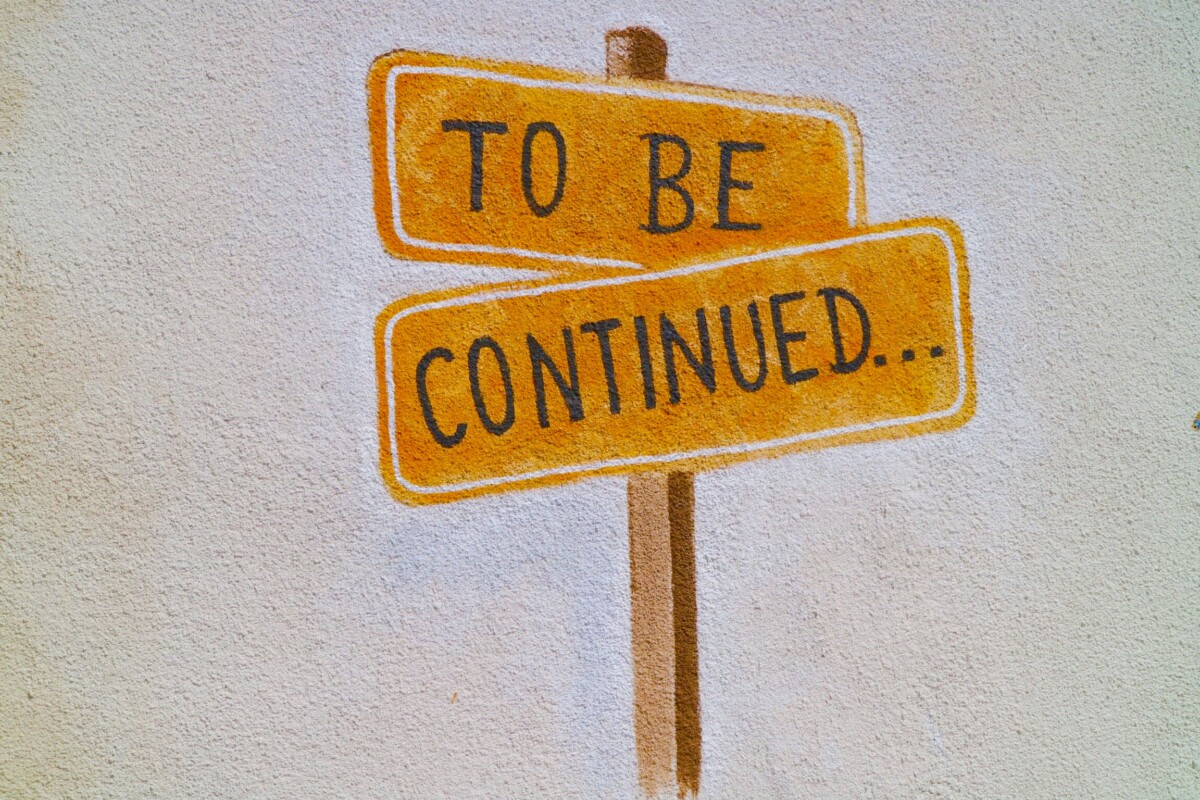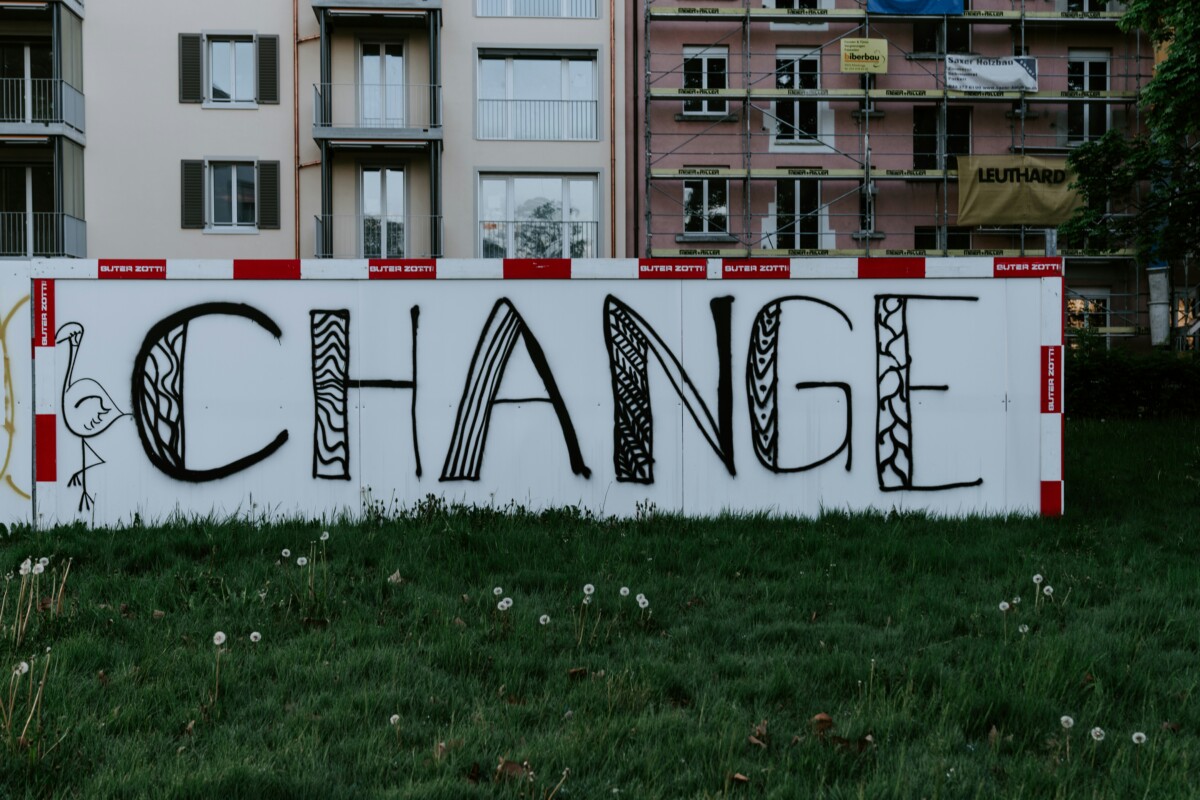Decarbonising Fashion Supply Chains at Scale
Listen to the full podcast episode on YouTube, Spotify, and Apple Podcasts.
Decarbonisation at ground level
Across South Asia, many garment factories sit at the centre of the global climate conversation. They produce for well known brands with public targets, yet they face a very different reality. Energy costs move quickly. Margins are tight. Access to capital can be difficult and in some markets the cost of borrowing is high. Many small and mid sized manufacturers do not have the resources or visibility to manage large scale change.
This is the landscape explored in this episode. Charlie is joined by Jamie Rusby, co founder of Generation 1, a platform that supports decarbonisation in fashion supply chains. The aim is to help factories move from ambition to action through planning tools, local delivery partners and investment that removes the need for upfront capital. Jamie describes it as a practical way to support manufacturers who want to move but face structural barriers.
The conversation builds on a recent World Economic Forum article that calls for new forms of supply chain finance. The idea is that isolated projects are not enough and that companies will need long term, structured investment across a portfolio of suppliers. It is a clear argument, yet the real conditions inside factories and procurement teams show how complex that shift can be.
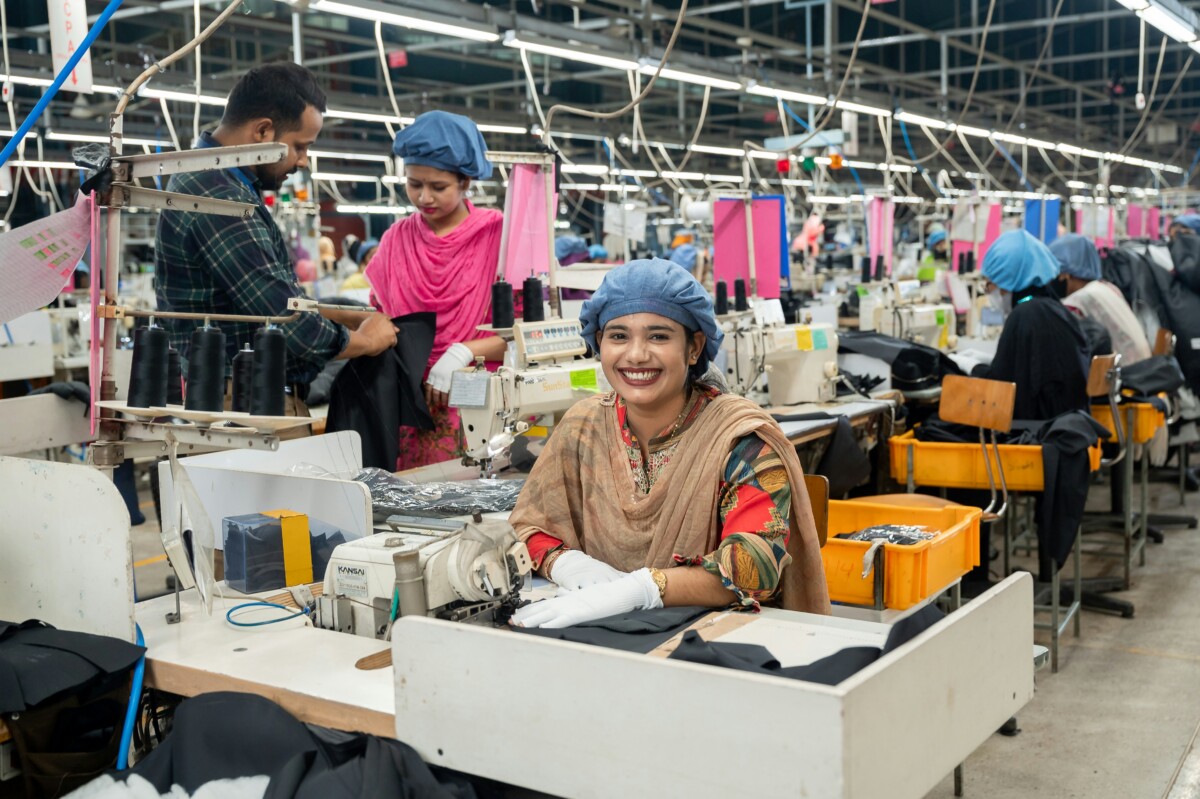
A career shaped by long supply chains
Jamie’s view of the problem has been shaped by more than twenty years in sustainability roles. He began his career at Forum for the Future, CoreRatings and Context Group before joining the IKEA Group in 2012. At IKEA he worked on policy, strategy and communication during a period of major organisational change.
One moment from that time stands out. IKEA had proposed that all wood used in its products should come from certified or recycled sources. Many believed the company could not reach one hundred percent. Jamie recalls the internal debate. He says,
“If you set a goal that is fifty percent, then you can decide which side of the fifty percent you are on. But if you set a hundred percent goal, then there is no unclarity around where you sit.”
The target was eventually met, and the experience shaped his view that many limits are practical rather than fixed.
Later, as Group Director Sustainability at VELUX, he worked on material decarbonisation and long term science based targets. During that period VELUX removed plastic from its packaging and shifted to a cardboard based solution. The climate impact was small, but the organisational impact was significant. Teams from design, manufacturing and marketing worked together and saw that change at pace was possible.
Jamie describes this shift in perspective as a personal journey too. He says,
“I used to describe myself as frustrated but optimistic, but now I describe myself as determined.”
The change reflects his belief that the core barriers to decarbonising supply chains are real but solvable.
Turning climate ambition into something operational
Generation 1 was founded to help brands and factories act on the ground. The model combines planning, implementation and finance into one service for manufacturers and consumer goods brands.
The planning stage helps factories identify practical options for reducing emissions. It also helps brands build a clearer picture of their supply networks. The delivery stage relies on local partners in Bangladesh and Nepal who install and maintain equipment. Rooftop solar is often the first step because it offers predictable savings and works well with garment production schedules.
The finance stage is designed to remove barriers for manufacturers. Many factories hesitate to invest because orders shift and capital is expensive. Jamie and his co founders partnered with an impact fund to provide affordable investment that does not require upfront cost. This creates the conditions for long term planning while keeping cash flow positive from the start.
Jamie explains why this matters. He says,
“These companies have many priorities. They employ thousands of people and need to meet customer needs. Decarbonising becomes another priority, so it needs structure for it to move.”
This structure allows brands and suppliers to work across multiple projects rather than one at a time.

Finance, power and the reality inside factories
The World Economic Forum article argues for programmatic supply chain finance. It suggests that buyers should form large portfolios of supplier projects in order to attract institutional investors. Jamie agrees with the ambition but questions whether most companies have the leverage or internal capacity to adopt such a model.
He notes that many factories operate under significant pressure. Some employ thousands of people and produce millions of garments each week. They prioritise stability, employment and customer expectations. Adding complex decarbonisation projects without support can feel unrealistic. Jamie says,
“They see the risks of climate change, but for it to be a priority you need a strong customer who can help drive it forward as part of a program.”
Trust is also a recurring theme. Years of cost pressure and short term purchasing have shaped relationships between brands and manufacturers. Jamie’s view is that responsibility begins by understanding this context. Manufacturers want to decarbonise, but the system often gives them few options. Brands carry targets but may lack visibility into lower tier suppliers. Programmatic finance can only work if both sides see value and if the structure feels fair.
A quieter form of determination
As the conversation closes, Charlie asks what gives Jamie confidence that large scale change is possible. Jamie returns to the idea that the barriers are less about technology and more about coordination. He says,
“These are not insurmountable barriers, but they are real barriers because we have got used to a way of working that we need to change.”
His hope is that more organisations will adopt collaboration as a practical tool rather than a slogan. He believes progress will come from long term partnerships, clear goals and shared structures. The moral thread is quiet but present. Real responsibility grows from understanding conditions on the ground and designing solutions that fit them.
Closing reflection
Fashion supply chains have become a central arena for climate action. Manufacturers operate under pressure, yet they control many of the levers needed to cut emissions. Brands hold public targets but depend on suppliers for delivery. The path forward will require finance that supports long term action and programs that help teams build trust across the value chain.
This episode suggests that responsibility is not theory. It is a sober understanding of what is possible when teams work with the real conditions in front of them. Decarbonisation becomes more credible when ambition meets structure, and when change is designed to work for the people who must carry it.
Sponsored by...
truMRK: Communications You Can Trust
👉 Learn how truMRK helps organisations strengthen the credibility of their communications.
Want to be a guest on our show?
Contact Us.
The Responsible Edge Podcast
Queensgate House
48 Queen Street
Exeter
Devon
EX4 3SR
Recognition.
Join 2,500+ professionals.
Exploring how to build trust, lead responsibly, and grow with integrity. Get the latest episodes and exclusive insights direct to your inbox.
© 2026. The Responsible Edge Podcast. All rights reserved.
The Responsible Edge Podcast® is a registered trademark.
Sponsored by truMRK
© 2026. The Responsible Edge Podcast



